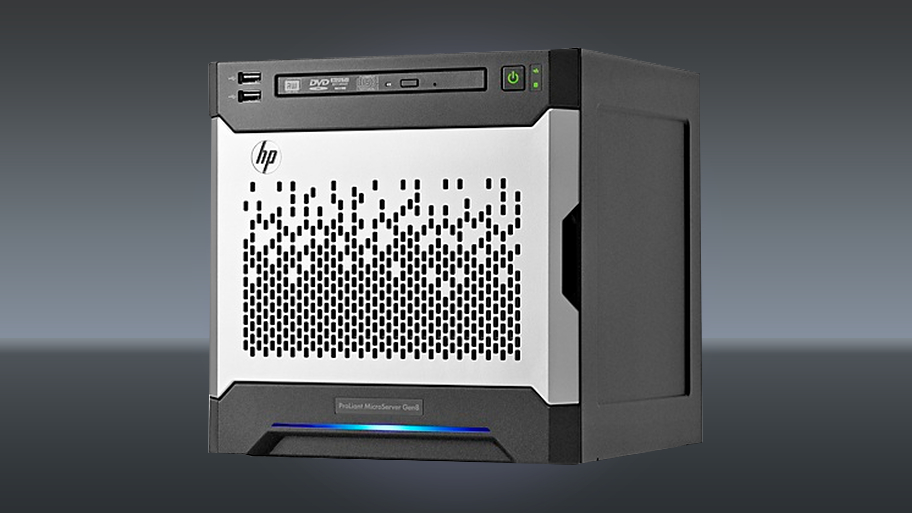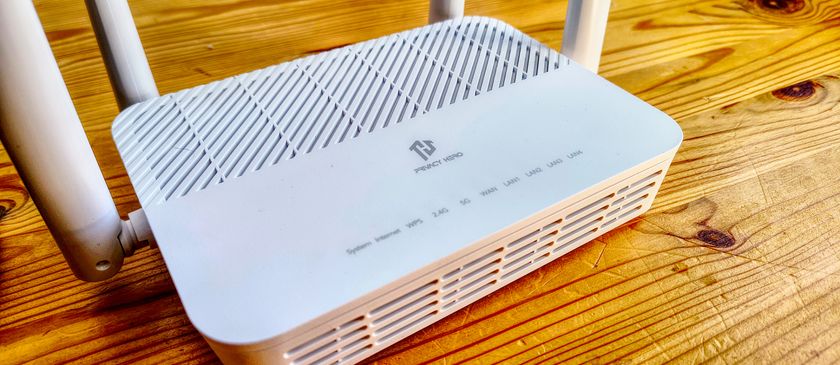How to choose the right server for your business
Make sure you play your server cards right

The server has transformed how small businesses operate, and with falling costs and improving efficiency, there has never been a better time to start using a server in your business – but which one should you choose?
With a number of server varieties to choose from, it can be a daunting task understanding your options and then making the right choice. Should you have an onsite server? Will a cloud-based server offer the best service for your business? And how can virtualisation make your server choice even more flexible?
All of the big name brands such as Dell, HP, IBM and Oracle have server platforms aimed at the small business user. It's important to match the needs of your business to the right server type. Ask yourself these five questions:
- Are you buying a server for file sharing?
- Will your server be predominantly used for email?
- Does your workforce need to connect to the server remotely?
- Is your server going to be used for data backup?
- How much space do you have available to accommodate a server?
Answering these questions will give you a clear idea of the kind of server features your business needs. Often, a server can be used to manage multiple workloads such as file sharing and data backup. It's a good practice though to create a list that prioritises your needs for a server. This gives you a clear roadmap to follow, which will result in your business choosing the right server for its main requirements.

Business platforms
Moving to a server for the first time can bring efficiency rewards if the right choice is made. Thomas Jeffs, the founder of Lucidica – a technology partner for small business, with over 500 SME business clients within the London area – says: "We tend to push clients more to NAS (mini-servers) and in particular QNAP and Synology NAS drives. This affords onsite file storage that can be synchronised with 'cloud' drives while still being cost effective.
"Beyond NAS drives, Dell still offer great value full blown servers for the clients who need onsite servers. Ultimately though if you 'need' an onsite server then you need to spend £2,000+ on hardware. A 'cheap server' is something that will cost your business a whole lot more than the initial price tag."
Concerns over security when hosting sensitive information in the cloud have bolstered the onsite server market to a degree, but as concerns dissolve, small businesses in particular are looking at their costs and asking whether they need a new onsite server at all, or see greater benefit in developing a hybrid approach.
Are you a pro? Subscribe to our newsletter
Sign up to the TechRadar Pro newsletter to get all the top news, opinion, features and guidance your business needs to succeed!
"Many SMEs are utilising Office 365 to host their mail and SharePoint data," says Scott Rundle, senior consultant at Riverbank IT, the Oxford-based managed services provider. "This is by far the most popular hybrid solution that SMEs adopt. Many medium-sized businesses are also utilising the cloud to host resource hungry applications. The cost of running these virtual servers would be too much for clients to host by normal means without significant investment in their existing hardware."
Building your new server resources then means planning carefully and ensuring your server meets your primary needs. There is pressure to choose one type of server, as the hybrid approach often results in a better server platform for your business.



















